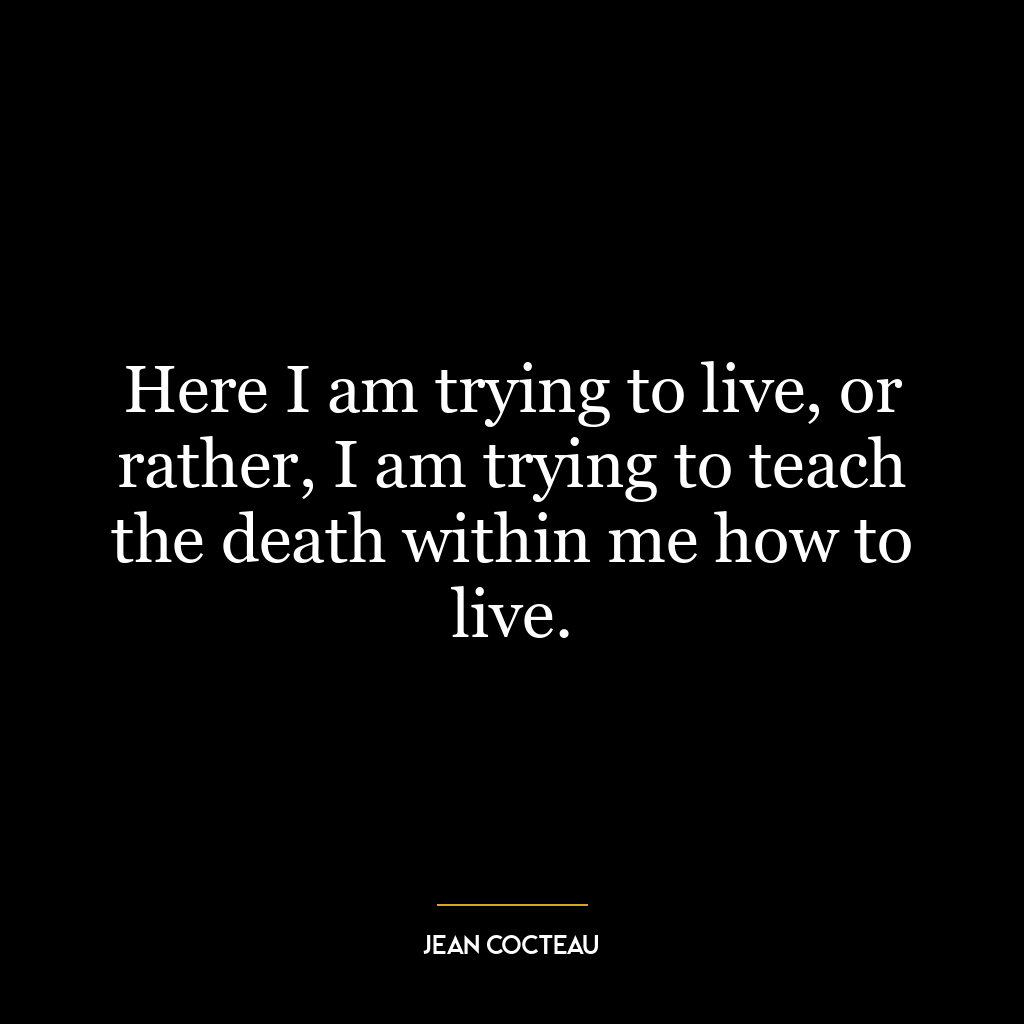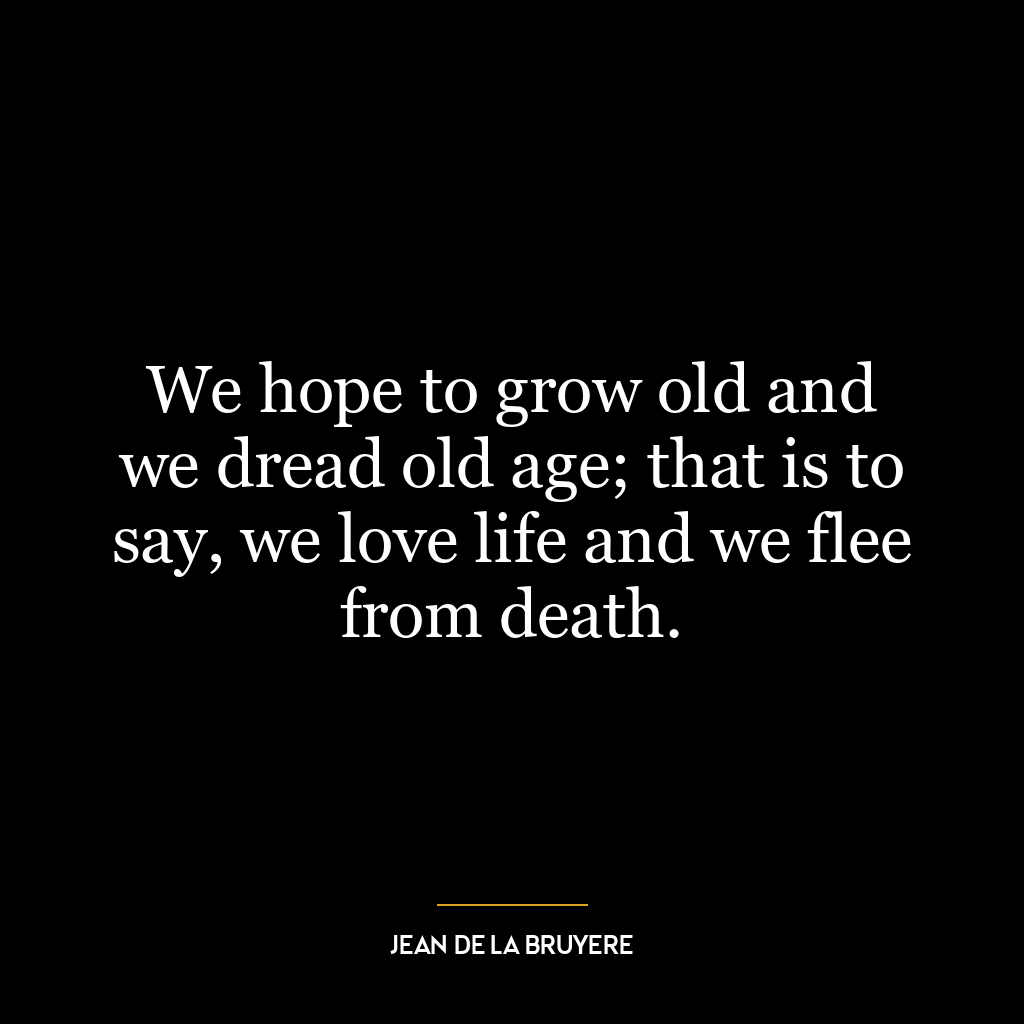This quote is a metaphorical way of saying that we should aim for moderation in all aspects of life, which is a key tenet of Aristotle’s philosophy. The banquet represents life in all its abundance and variety. Rising from it neither thirsty nor drunken means not indulging too little or too much. It’s about finding the right balance – not denying ourselves enjoyment (thirsty), but also not overindulging to the point of harm (drunken).
In the context of personal development, this idea translates into the pursuit of balance. For instance, in our careers, it’s important to strive for success, but not to the point where it consumes our entire lives and we neglect other aspects like health or relationships. In terms of health and fitness, it’s about maintaining a balanced diet and exercise routine, without obsessing over every calorie or overexerting ourselves.
In today’s world, where excess is often glorified, this quote serves as a reminder that extremes can be harmful. In the age of social media, where we are constantly bombarded with images of perfection and success, it’s easy to feel like we’re not doing enough, leading to burnout or feelings of inadequacy. Conversely, it’s equally easy to get caught up in hedonistic pursuits and neglect our responsibilities.
So, the idea is to enjoy life’s banquet, to partake in its pleasures and opportunities, but not to the point of excess. It’s about understanding our limits, respecting them, and finding satisfaction in balance. It’s a call to pursue a well-rounded, moderate life – a concept as relevant today as it was in Aristotle’s time.















